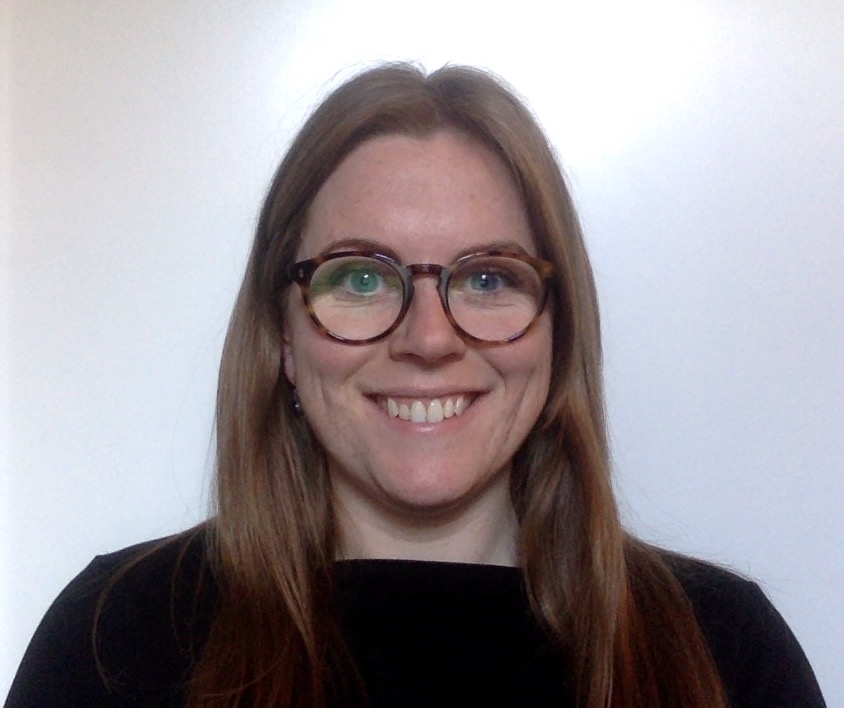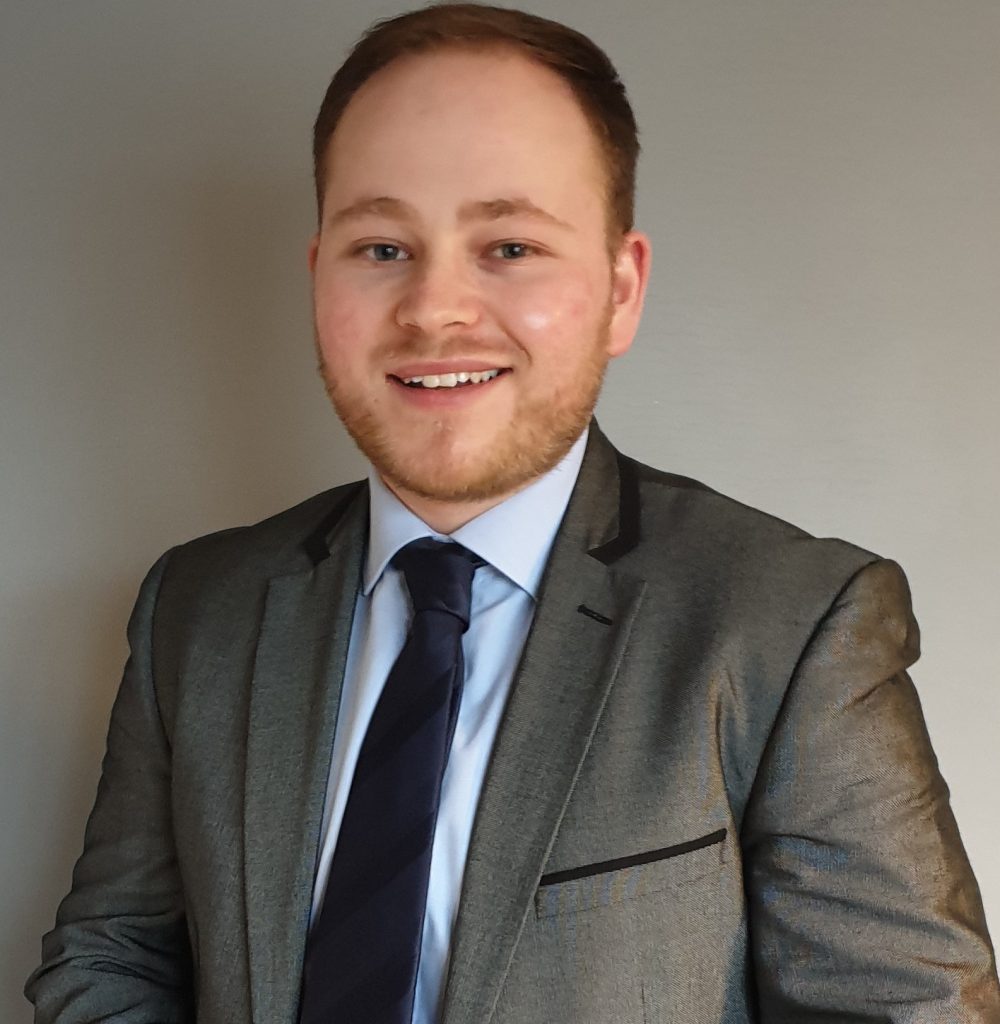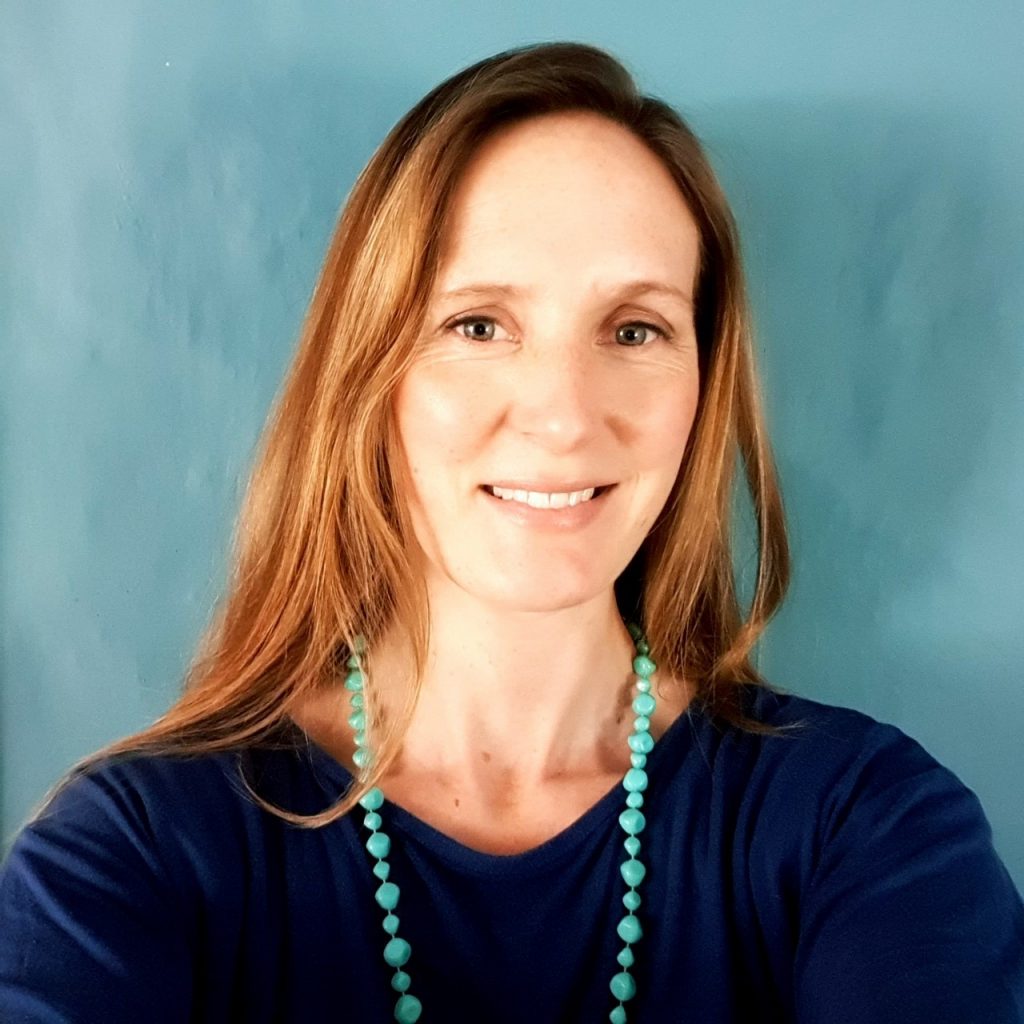The Translation Mentoring Scheme was launched by the ITI French Network in 2020. The scheme focuses on developing translation skills and is aimed at both experienced translators and newcomers to the profession. Mentees work on three translations over a period of six months, which mentors provide feedback and guidance on.
Below a mentor pair shares their experience of the scheme. Read other mentor reports on our blog.
The mentee: Sarah Bichot
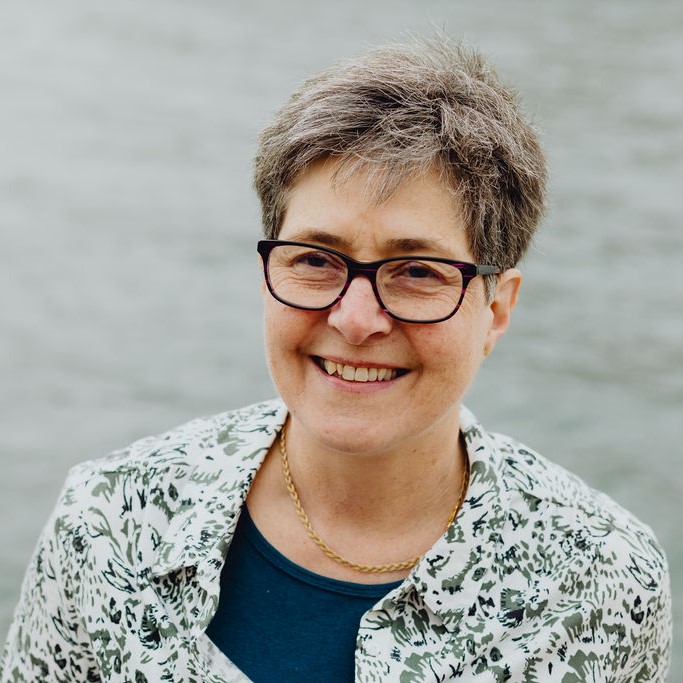
My motivation for seeking a translation mentor was to gain confidence in translating international development texts and pitching myself to potential clients as a translator specialised in this area. I was also keen to discuss issues such as narrowing down to a specific field within ID and assessing and organising sources of information.
I was delighted to be teamed up with Holly-Anne, who I knew was an expert legal and human rights translator, active member of ITI’s French Network, and founder member of the ITI IDC Network.
We kicked off with a get-to-know-each-other Zoom chat, talked about my motivations and objectives, and then launched into the process. Over the course of nine months (we didn’t set tight deadlines and took a break over the summer!) Holly sent me three texts to translate as well as a post-editing exercise, all taken from projects she had worked on. She returned my translations – always within a few days – with comments and her own versions.
The first text was an extract from a report on the shea sector in Burkina Faso, looking at the impact of COVID-19. It was a good exercise in researching the topic, although I still had queries on some points. Reassuringly, Holly told me that she had had to consult the client on some of these! I was encouraged by Holly’s assessment that my translation would certainly meet the client’s needs. Her feedback covered style and flow, for example a reminder about changing nouns to verbs, and using question words (for example, “how the value chain operates” for le fonctionnement de la chaîne de valeur). On the vocabulary side, she pointed out, for instance, that NGOs often prefer challenge, barrier or difficulty as a translation of problème.
She liked some of my solutions, although she suggested I could go further in terms of plain English. We had an interesting discussion about the French used by NGO researchers based in Africa, and Holly commented on the formal (often overly academic) language used in the reports she translates. Ambiguity is sometimes also an issue that needs to be flagged up to clients.
The second text was an extract from a report on labour migration from Madagascar. Holly had chosen this because the client, an NGO, provided a detailed style and tone of voice guide; the challenge was to stick to these guidelines in the translation. Translating this text gave me an opportunity to research resources related to migration. It’s an area I’m interested in, and I’ve since signed up for an online course offered by the University of London via Coursera, entitled Refugees in the 21st Century.
For round three, Holly offered me two options: a translation and a post-editing exercise. I did both, and Holly was kind enough to give me feedback on both.
The translation was a text that she described as dense, complex and nebulous in places – on conservation and indigenous rights, aimed at a generalist but interested audience. It certainly was a tricky one! I felt I had stayed too close to the source text, and although Holly thought I had managed to get some of the long sentences to flow well in English, she also commented that I could have been bolder with rephrasing and splitting up the ideas to make them easier to follow.
Her translation was a great example from this point of view: she had reworked one section of text quite thoroughly, splitting a long, dense section into four paragraphs, and elsewhere introducing bullet points for greater clarity. Interestingly, the client adopted these changes for the French version. Holly had made the effort to explain to the client that although the author was very intelligent and passionate about her subject, a generalist audience might not be able to follow her text easily. Her approach was approved – a good illustration of the “need to know your target audience” argument. I noted down several of Holly’s clear and concise solutions such as “governments came together to agree international standards” for la conference de Rio a abouti à une convergence vers de normes internationales, and “This contrasts with the prevailing conservation model under which governments aim to protect resources … by creating …” for … par opposition au modèle actuel de conservation, qui est le plus souvent focalisé sur la création par l’état de … (making the noun + agent phrase active).
I was interested in tackling a post-editing task, since Holly had explained that this was a feature for some clients. She was at pains to point out, however, that she only takes on post-editing work when she knows the MT output will be satisfactory enough to be considered a first draft. This can be the case with certain large organisations that have huge resources in terms of language data and well-trained MT engines. In these cases, her role is to revise this output into a translation she would be happy with – full post-editing, in other words.
The post-editing text provided by Holly was an extract from a text on enforced disappearances, aimed at social professionals. It was interesting to compare our versions. I had clearly done a minimum amount of editing, whereas Holly had gone much further and produced a translation that was completely fit for purpose (i.e. publication of a report). It was a good exercise for me to assess the amount of work actually involved in producing a deliverable document.
Holly also gave me some good CPD tips, such as following MOOCs, checking out research units linked to local universities, and following NGOs on LinkedIn to find out about webinars they organise. She also made some recommendations for resources and finding agency clients specialised in this area.
This mentorship was a very positive experience for me, and Holly was very generous with her time, comments and recommendations. It was a bit like a revision club. Looking back at the objectives I wrote down at the start, I’m pretty happy with the progress made (building confidence) and have also set myself some tasks to keep the momentum going: adding to and organising the reference material I collected, signing up for CPD, and reaching out to agencies and other translators working in this area.
If you are an experienced translator planning on branching out into a new area of specialisation, I would certainly recommend the mentorship scheme.
Sarah Bichot (DipTrans, MITI) is a French to English translator, based in Lyon. She is also a member of the SFT. She has a particular interest in international development.
The mentor: Holly-Anne Whyte
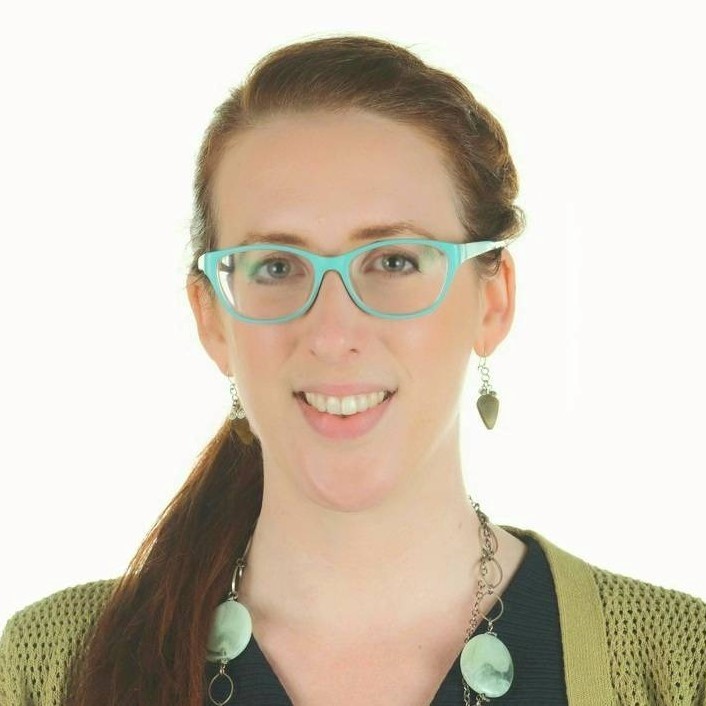
When I was told that I had been assigned as Sarah’s mentor, I wondered whether there had been a mistake. She is a highly experienced translator, more experienced than me, and I was worried about letting her down. As it turned out, she is moving into a new specialism – international development – in which I have lots of experience. After talking to Sarah about her aims and given the specificities of the sector, which I understand well, I was more confident that I had something to offer.
My focus was on giving Sarah texts that would help her get a feel for the sector (and possible niches) and that would present some of the most common challenges translators come across when working in this field:
- Interdisciplinarity: Translators working in international development (even if they specialise in a particular area) need to have a broad understanding of the interplay of issues ranging from trade and economics to human rights and sustainability. We worked on texts about the impact of COVID-19 on the rights of women producing shea products in Burkina Faso, about labour migration and workers’ rights, and about protected areas and indigenous rights in Cameroon. I also threw in a machine translation post-editing example about enforced disappearances, so Sarah could test those waters.
- Following style guides: Here we focused on the best practice guidance in relation to terminology, clear writing and gender-neutral language. Often texts aren’t written in a way that lends itself to clear English translation, so creativity and confidence is a must. It was clear that Sarah’s confidence in moving away from the source grew with each text she tackled.
- Dense error-strewn source texts: Texts in the sector are not infrequently written by people who have been trained to write for an academic audience rather than a more generalist one and who are working under extreme time pressure. This can lead to overly complex source texts that contain a lot of minor errors. In relation to one text in particular, we talked about how far it was reasonable to move away from the original author’s sentence and paragraph structure and how to talk to the client about making the source text more accessible.
- Post-editing: Common in the international development sector, post-editing can throw up a number of unique challenges. We talked about what was expected of translators (it depends a lot on the client) and how long post-editing with good machine output might take relative to translation.
Reviewing Sarah’s translations gave me the opportunity to think more critically about my own translation choices and some of the not-so-obvious sector-specific expectations I take for granted. We also talked about our processes and their pros and cons – inspired in part by Daniel Hahn’s then upcoming keynote at the ITI conference. Casting a critical eye over how we go about translating at the more macro-level is certainly something we would all benefit from doing once in a while.
Sarah has a knack for finding a concise turn of phrase for a tricky sentence – improving on my version on more than one occasion – and I was quick to add her translations to my “nice translations/phrases” list.
Sarah’s astute questions and openness to feedback made this mentoring match truly enjoyable and a great learning experience for me as well. I have no doubt that she will make a success of her new venture into international development translation.
Holly (MITI, MCIL) is a French and Spanish to English translator working at the intersection between sustainable development, human rights and corporate governance.

